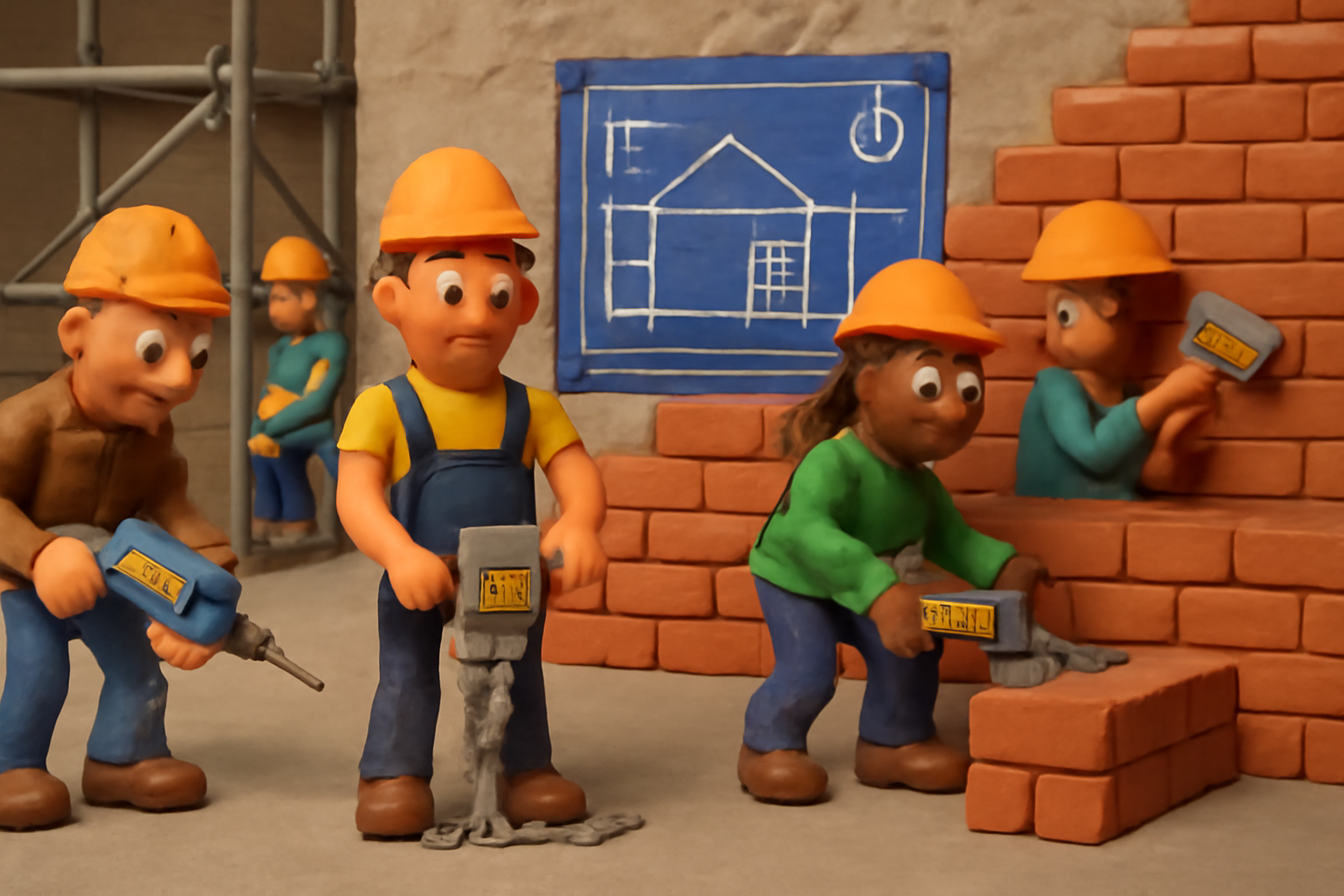
Leasing construction tools offers several advantages that can significantly improve project efficiency and cost management for construction companies without the burdens of ownership. Here's how on-site solutions through leasing benefit businesses:
Cost Efficiency: Leasing eliminates the need for significant upfront capital investments, allowing businesses to allocate financial resources to other critical areas, such as labor and materials. This can lead to better cash flow management.
Access to Latest Technology: Leasing companies often provide newer models of equipment, allowing construction companies to access the latest technology without the cost of purchasing. This can lead to higher productivity and better-quality work.
Flexibility: As project demands fluctuate, leasing provides the flexibility to scale tool inventory up or down as needed. Companies can lease specific tools required for particular phases of projects, optimizing the tool inventory.
Maintenance and Repairs: Lease agreements typically include maintenance and repair services. This ensures equipment remains in good working condition without the construction company incurring additional expenses. It also minimizes downtime due to equipment failure.
Tax Benefits: Lease payments are often tax-deductible as a business expense. This can reduce the effective cost of leasing when compared to purchasing, as the interest component and depreciation can be lower.
No Depreciation Concerns: Leasing construction tools transfers the risk of depreciation to the leasing company. This is particularly beneficial for tools that rapidly lose value or become obsolete due to technological advancements.
Try Before You Buy: Leasing allows companies to experiment with different brands and models under real-world conditions before committing to a purchase. This can lead to more informed buying decisions when it becomes necessary to own a tool.
Reduced Storage Costs: Without needing permanent storage for owned tools, companies can reduce overhead costs associated with maintaining large storage facilities for equipment.
Regulatory Compliance and Safety: Lease agreements ensure tools are compliant with the latest safety standards. Leasing companies usually ensure that their tools meet current industry regulations and safety standards, reducing the liability and compliance costs for the contractors.
Leasing construction tools offers a strategic advantage, providing operational flexibility and financial efficacy. It allows construction firms to maintain competitive edge by mitigating financial risks and enhancing project delivery capabilities.